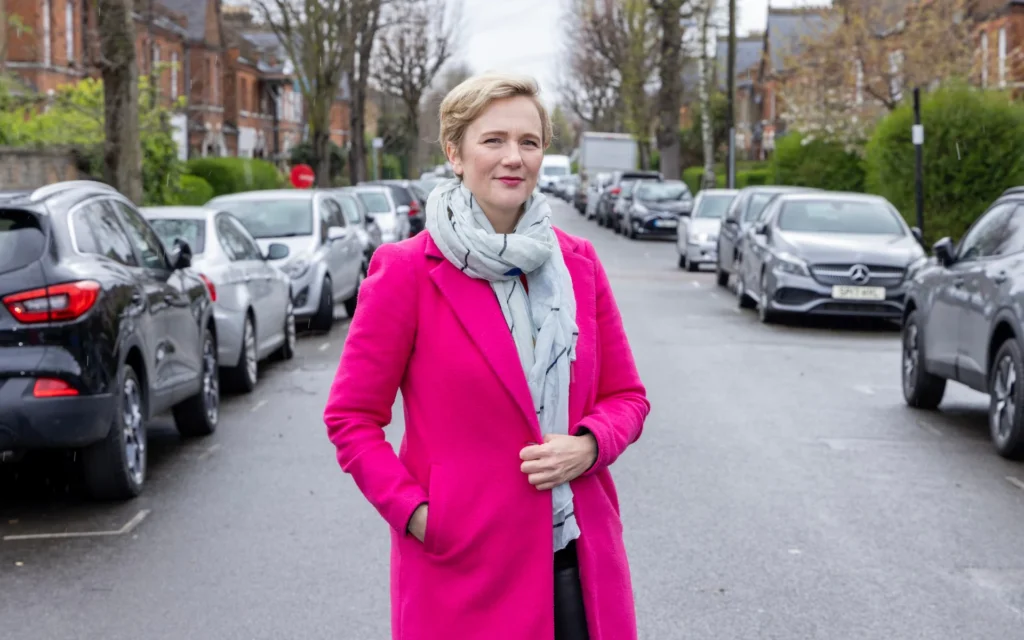Residents across Derbyshire, Nottinghamshire, Derby and Nottingham will get the chance to vote for the first-ever East Midlands Mayor next May after councils gave the go-ahead to devolution for the region.
Devolution is a form of administrative decentralisation involving the delegation of administrative powers from central government to regional or local levels. It’s a policy that has been pursued over the last ten years or so, resulting in the creation of combined authorities (CA), legal bodies consisting of two or more councils that collaborate and make collective decisions across council boundaries.
Currently, there are eleven combined authorities, with the East Midlands CA, being the newest addition to the list.
The introduction of combined authorities has not been without controversy. Some criticise them as being yet another added level of needless bureaucracy. In contrast, others see them as centralisation in all but name, meddling in local affairs and essentially acting as a proxy for central government intervention.
The Cities and Local Government Devolution Act 2016 allows for the introduction of directly elected mayors to combined authorities and devolves housing, transport, planning and policing powers to them. As the East Midlands CA is barely a few weeks old, no mayor has yet been appointed, and the inaugural election is to be held on 2nd May 2024.
This is where the controversy continues, as the East Midlands CA has said that the cost of the election will be a staggering £4 million. To put this into perspective, the CA’s overall annual interim spending budget is £56 million, meaning the election will drain seven per cent. Quite why the election will cost so much is anyone’s guess, as a breakdown of the costs has not been released.
The five candidates are Frank Adlington-Stringer (Green Party), Ben Bradley (Conservative), Alan Graves (Reform UK), Matt Relf (Independent) and Claire Ward (Labour). Cllr Graves, a Derby councillor and the city’s mayor said: “There is no justification”.
There was no referendum asking the people if they wanted another elected politician in the form of a mayor and a new authority that would cost millions every year. I believe the people of Derbyshire and Nottinghamshire should get the referendum they deserve.”
A report for next week’s inaugural meeting also details the pay that combined authority staff will receive, including the adoption of the living wage for all employees. This would set a minimum salary for the lowest paid full-time worker of £23,151 a year or £12 an hour.
Unsurprisingly, the salaries of the highest-paid chief executives, executive directors, and statutory chief officers have not been detailed but are listed as being subject to the appointments panel. However, the salary bands of lower-level directors have been detailed (£78,000 and £110,000 per year), so we can assume the salaries of the roles above will be significantly higher.
What all this amounts to is yet another gravy train for the government, with the added benefit of more control over local authorities and, thus, their constituents.
As the cost-of-living crisis roars on with no end in sight, it is a slap in the face to the British taxpayer to have public money wasted so frivolously. Our roads are disintegrating before our eyes, NHS waiting lists are so long the institution itself practically constitutes a public health concern, crime rates are soaring, millions of pounds are being wasted on foreign aid, and the list goes on.
Homeland Party believes that more hierarchies of overpaid government officials are the last thing this country needs. As a community-politics-based party, we believe local governments should have autonomy over the running and funding of their localities. We would strip intrusive, intermediary government bodies away where unnecessary. We would ensure that public spending would be allocated sensibly to sectors that need it most, restoring pride and efficacy to our public services.


